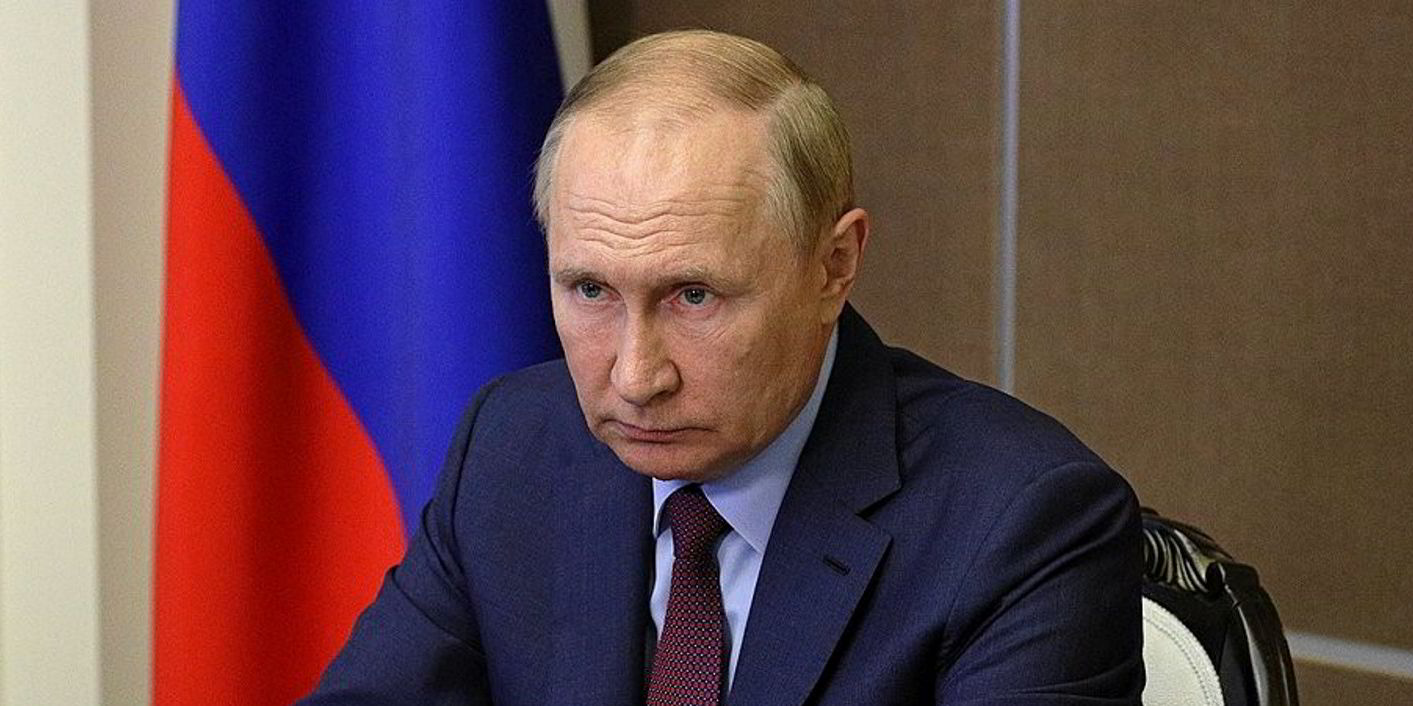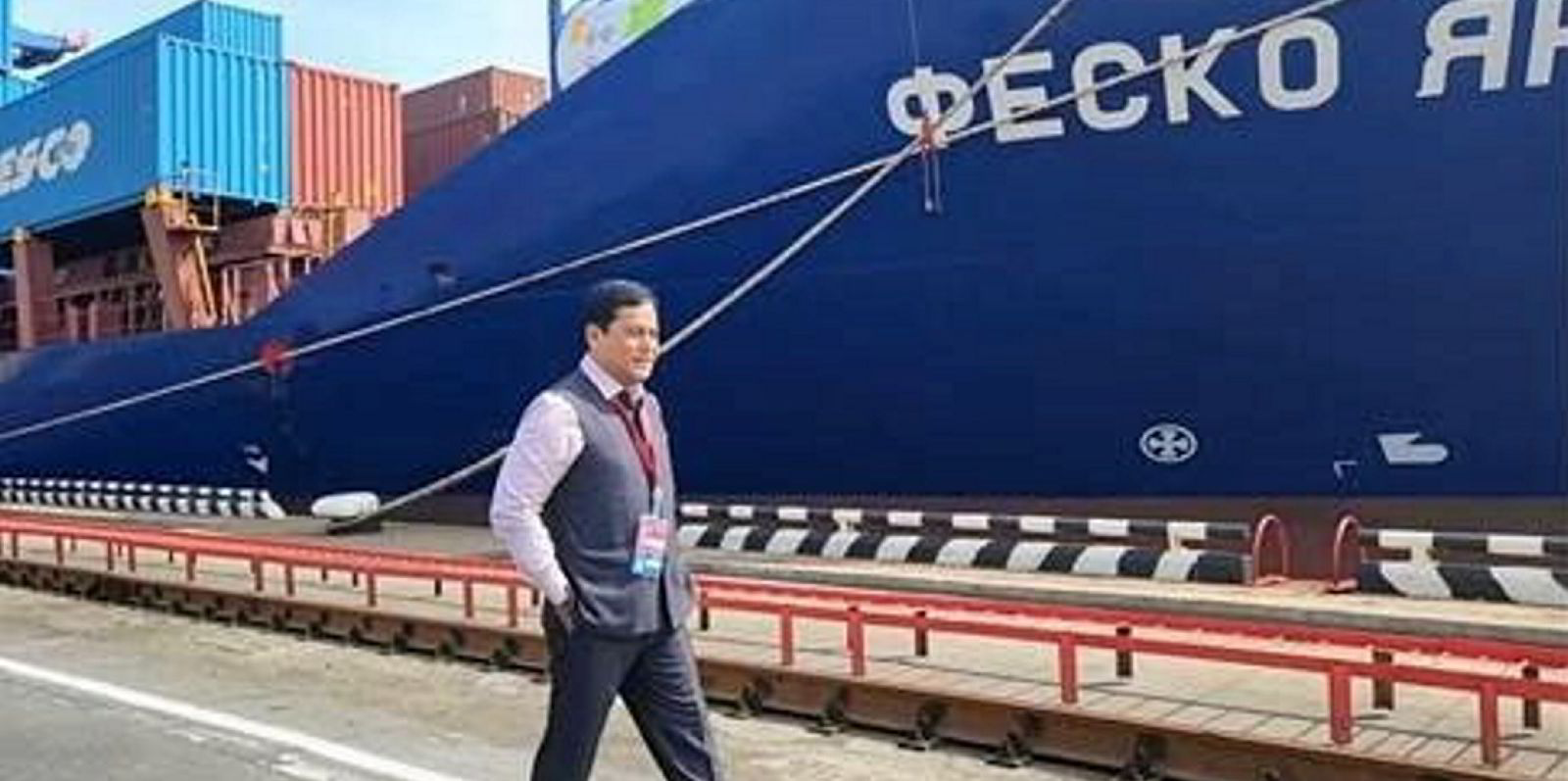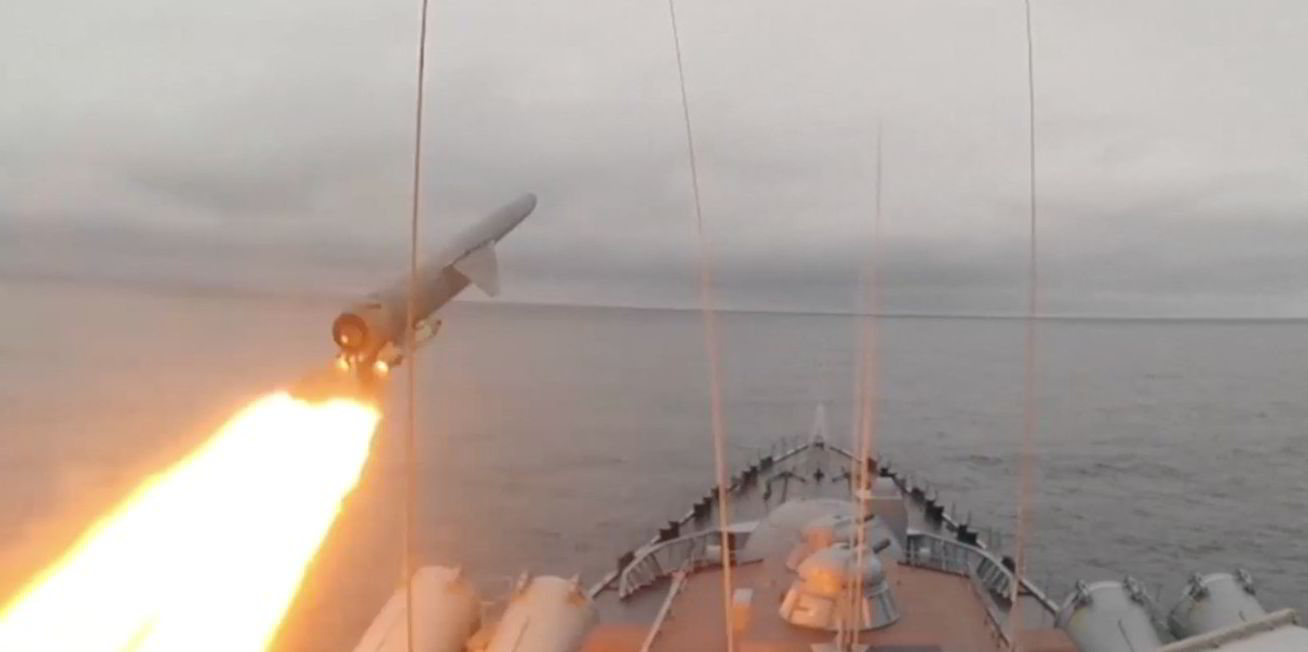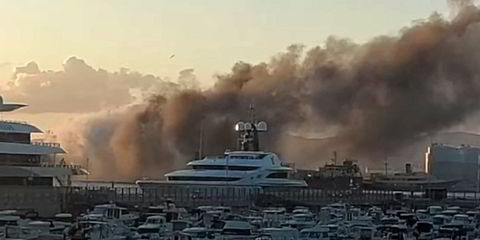Russia appears “willing to compromise safety” by using non-ice class tankers to increase oil flows through the Arctic, warns shipbroker Poten & Partners.
Moscow has accelerated oil shipments to China via the Northern Sea Route (NSR) in the face of sanctions and the resulting shift in export destinations.
The NSR is about 3,500 miles (5,600 km) long, defined by Russia as running from the entrance to the Novaya Zemlya straits in the west, along the Russian Arctic coast above Siberia to Cape Zhelaniya on the Bering Strait.
A journey from the Barents Sea to the port of Rizhao in China via the NSR takes 35 days, which is 10 days less than the alternative southern route from the Baltic through the Suez Canal.
Poten said the potential for time and fuel savings is “significant”. However, there are “limitations and risks”.
“The weather situation can change quickly, and this could cause problems. For example, in November 2021, more than 20 ships got stuck in a remote area following a quick and early freeze of the waters. Such delays wipe out any cost and time savings,” the broker said.
Shipments on the NSR mostly take place in the summer, from July to October. Even during that period, having an ice breaker escort is preferred since sea ice is unpredictable.
“In addition to an ice breaker escort, the vessels that make the journey are usually ice-class tankers, strengthened to withstand the icy conditions during the NSR passage,” said Poten.
“If something goes wrong during the passage, it will be very difficult to respond to an oil spill."
Ice-class vessels are a small subsector of the tanker fleet, and they are typically in high demand during the winter period in the northern hemisphere.
Poten said crude oil exports from the Baltic also use ice-class vessels, but the share of ice-class vessels utilised in this trade has been reduced in the 2022/2023 winter.
“This could be related to the fact that many modern ice-class tankers are controlled by Western owners, some of whom are reluctant to participate in Russian crude oil exports,” the broker said.
“Russian owners do own a fair number of ice-class tankers, but nowhere near enough to facilitate both Baltic and NSR voyages. Choices have to be made.”
Rosatom, the agency that manages Russia’s fleet of nuclear ice breakers and regulates the NSR, recently told the Financial Times that “the improved navigation conditions in the summer and autumn months allow non-ice-class ships to operate safely”.
However, Poten said oil tankers are “inherently riskier” and the decision to allow non-ice-class vessels has triggered warnings from environmental groups.
“Russia already utilises a growing dark fleet for regular oil shipments to counter sanctions and ensure the continuation of oil revenues,” the broker said.
“Now, it seems willing to take even more risks by expanding NSR shipments on non-ice-class tankers.”






